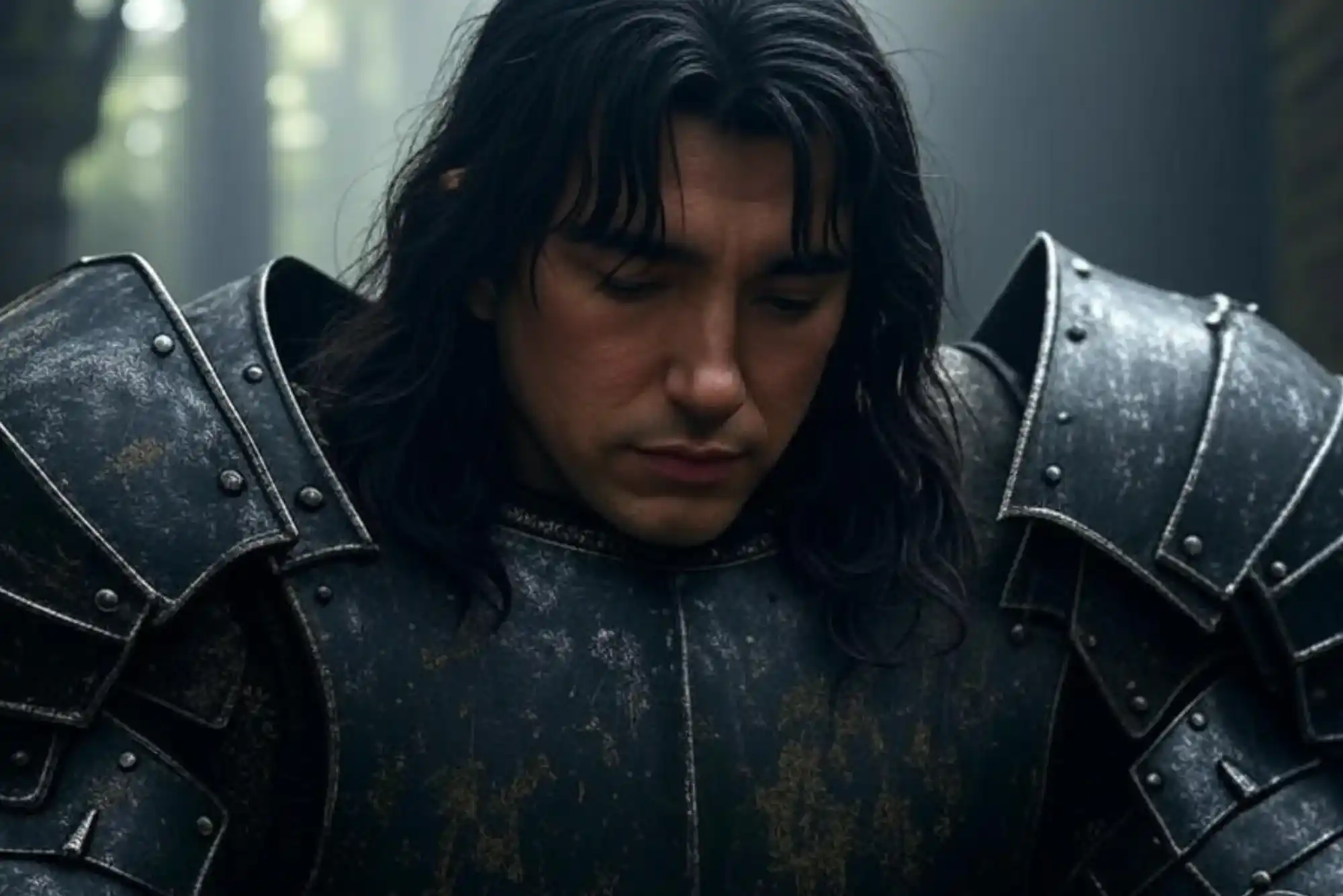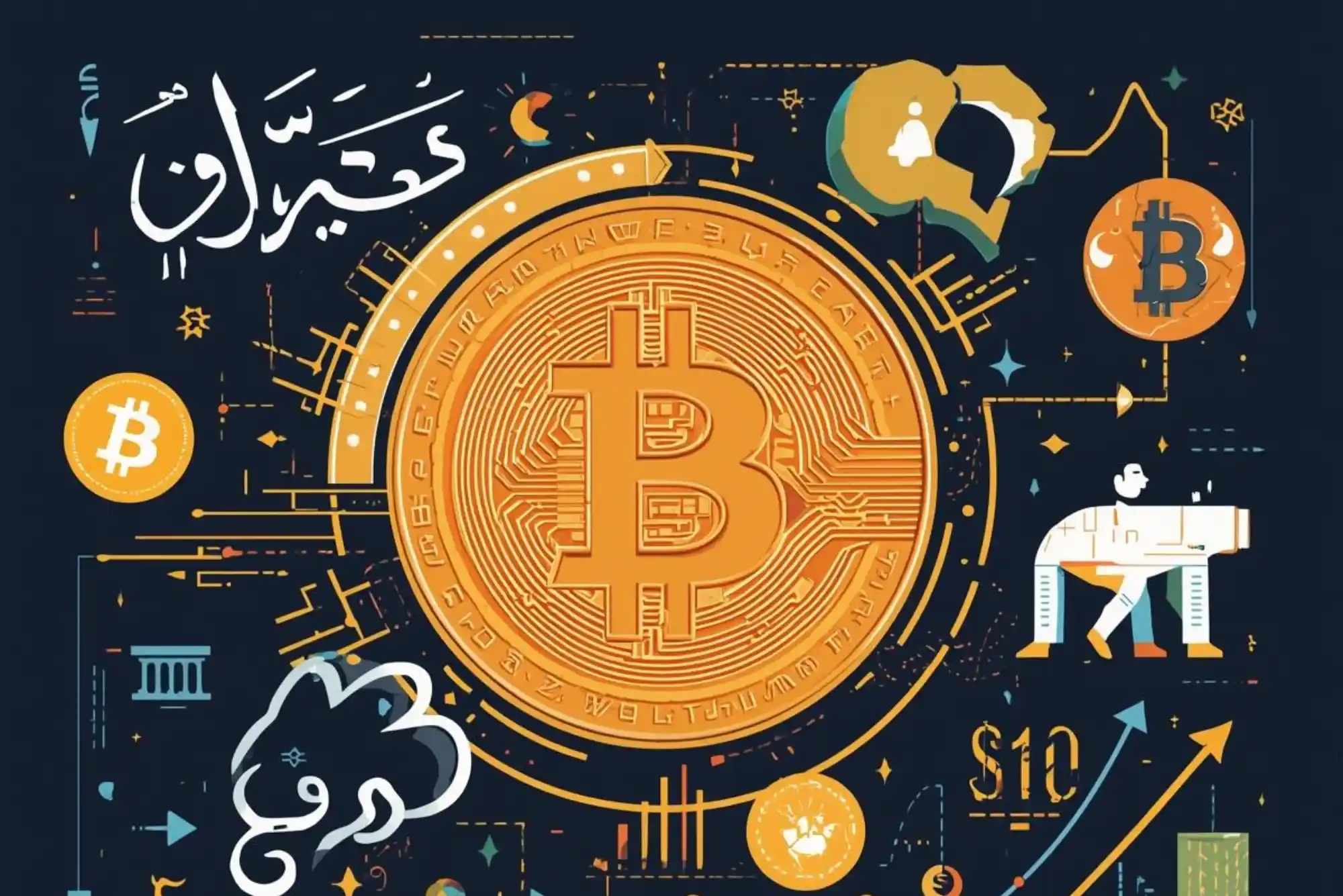In the complex and often brutal world of Berserk, fate and causality are key themes that are interwoven deeply into the narrative fabric of the story. Created by the late Kentaro Miura, Berserk is a dark fantasy manga that blends deep philosophical concepts with graphic storytelling. Through its characters, setting, and storyline, Miura explores the inescapable nature of fate, while challenging the very concept of free will. The role of fate and causality in Berserk is not just a thematic element but a crucial force that shapes the lives of its characters, especially the protagonist, Guts.
The Grimdark World of Berserk
Before diving into how fate and causality affect the characters in Berserk, it’s important to understand the overall tone of the series. Often described as “grimdark,” Berserk portrays a world where hope is scarce, and darkness seems to prevail at every turn. The term “grimdark” refers to a subgenre of fantasy characterized by cynicism, moral ambiguity, and hopelessness. In Berserk, this tone is not just present in the aesthetic of the world but is built into the very structure of the plot and its characters.
In such a world, the question of fate and causality looms large. Miura‘s storytelling presents a vision of life where much of the suffering and hardship experienced by the characters is dictated by forces beyond their control. The idea that individuals are subject to the whims of fate is central to Berserk, making it one of the most compelling stories in the grimdark genre.
Fate as a Force in Berserk
Fate, in Berserk, is not a simple, deterministic concept but a multifaceted and often antagonistic force. At the core of the story is the notion that some events in life are predestined, seemingly unavoidable, and inescapable. The characters in Berserk, particularly Guts and Griffith, grapple with the concept of fate throughout the series.
For Guts, fate is something he actively struggles against. From the beginning of the series, Guts is portrayed as a man who refuses to be controlled by destiny. He fights against the odds, and yet, despite his determination, he is often forced into situations where his choices appear limited, as if fate itself is leading him toward inevitable destruction. This struggle against fate is central to Guts’ character and his development throughout the series.
Griffith, on the other hand, embodies a more traditional view of fate. His belief in the inevitability of his rise to power drives many of his decisions. Griffith’s ambition is a defining trait, and his sense of destiny, particularly as the leader of the Band of the Hawk, plays a crucial role in the events that unfold. However, it is his embrace of the idea of fate that leads to one of the most shocking and tragic moments in the series—the Eclipse.
The Eclipse, a pivotal event in Berserk, is the manifestation of fate at its most cruel. Griffith, having made a pact with the God Hand to attain his dream of ruling the world, sacrifices his comrades to achieve his goals. The tragedy of the Eclipse is not just in the horrific violence and betrayal that takes place but also in how it symbolizes the inescapability of fate. Griffith’s sacrifice of the Band of the Hawk is presented as something inevitable, a consequence of his belief in fate’s power over his life. This event, more than any other, illustrates the tension between individual agency and the larger, often malevolent forces at play in the Berserk universe.
Causality and its Role in Berserk
While fate dictates the broad strokes of the narrative, causality governs the more personal decisions and actions of the characters. Causality in Berserk refers to the interconnectedness of events and actions that lead to the outcomes of the story. Every decision, no matter how small, sets off a chain reaction that influences the direction of the narrative.
This is perhaps most evident in Guts’ journey. Every choice Guts makes—whether it’s his decision to leave the Band of the Hawk or his pursuit of vengeance against Griffith—has significant consequences. Guts’ actions, driven by his desire for revenge, lead him into countless battles and conflicts, some of which seem preordained and unavoidable. His struggle against causality is a key element of his character arc. In contrast to Griffith, who embraces fate and sees his actions as part of a larger, divine plan, Guts rejects the notion that his life is predetermined. His resistance to causality is a fundamental aspect of what makes him a compelling and relatable character.
The Intersection of Fate and Causality
In Berserk, fate and causality are not mutually exclusive but are instead two sides of the same coin. While fate represents the overarching forces that dictate the course of the characters’ lives, causality governs the personal choices that they make within those confines. The interplay between these two concepts is what drives much of the narrative tension in the series.
One of the most striking aspects of Berserk is how Miura blends these themes into the lives of the characters. While they may feel trapped by fate, they also make choices that lead to further suffering or redemption. This duality is best exemplified in Guts’ story. Although Guts often seems doomed to follow a path set by fate, he continually strives to change his destiny. His refusal to succumb to fate, despite the overwhelming odds stacked against him, is what makes his character so heroic, even if his journey is one of tragedy.
At the same time, causality ensures that every action has a consequence, often leading to the continuation of violence and suffering in the world. This cyclical nature of cause and effect mirrors the grimdark tone of the series, where hope is fleeting and the consequences of one’s actions are often dire. In Berserk, it is impossible to escape the consequences of one’s choices, even if those choices are made in defiance of fate.
Miura’s Legacy and the Exploration of Fate and Causality
Kentaro Miura’s approach to storytelling in Berserk has had a profound impact on the way we think about fate and causality in fiction. His nuanced portrayal of these concepts invites readers to consider how much control they truly have over their own lives. Miura’s work is not just a fantasy epic; it is a deep meditation on the nature of human existence, suffering, and the meaning of life itself.
Miura’s death in 2021 left the world of Berserk incomplete, but his legacy lives on through the profound themes he explored in his work. Berserk continues to challenge our understanding of fate, causality, and the limits of human agency, making it a timeless masterpiece in the grimdark genre.
Conclusion
Fate and causality are central themes in Berserk, shaping the lives of its characters and influencing the events that unfold in its grimdark world. The complex interplay between these two forces creates a story that is both tragic and empowering, offering a deep exploration of human resilience in the face of insurmountable odds. Miura’s exploration of these themes has cemented Berserk as a landmark work in the world of manga and dark fantasy, and its legacy will continue to inspire readers for generations to come.




